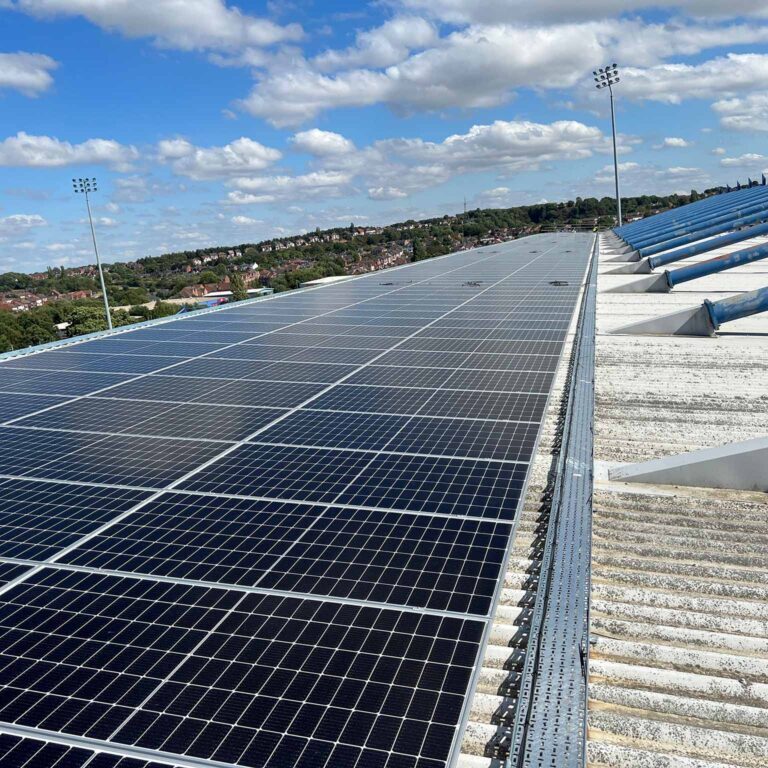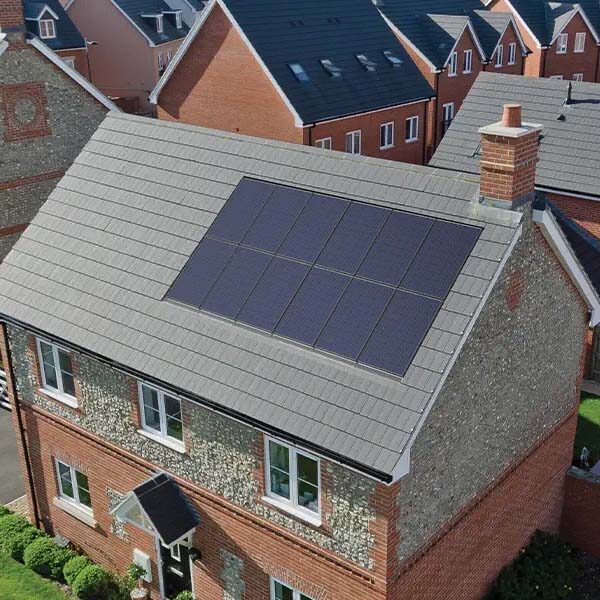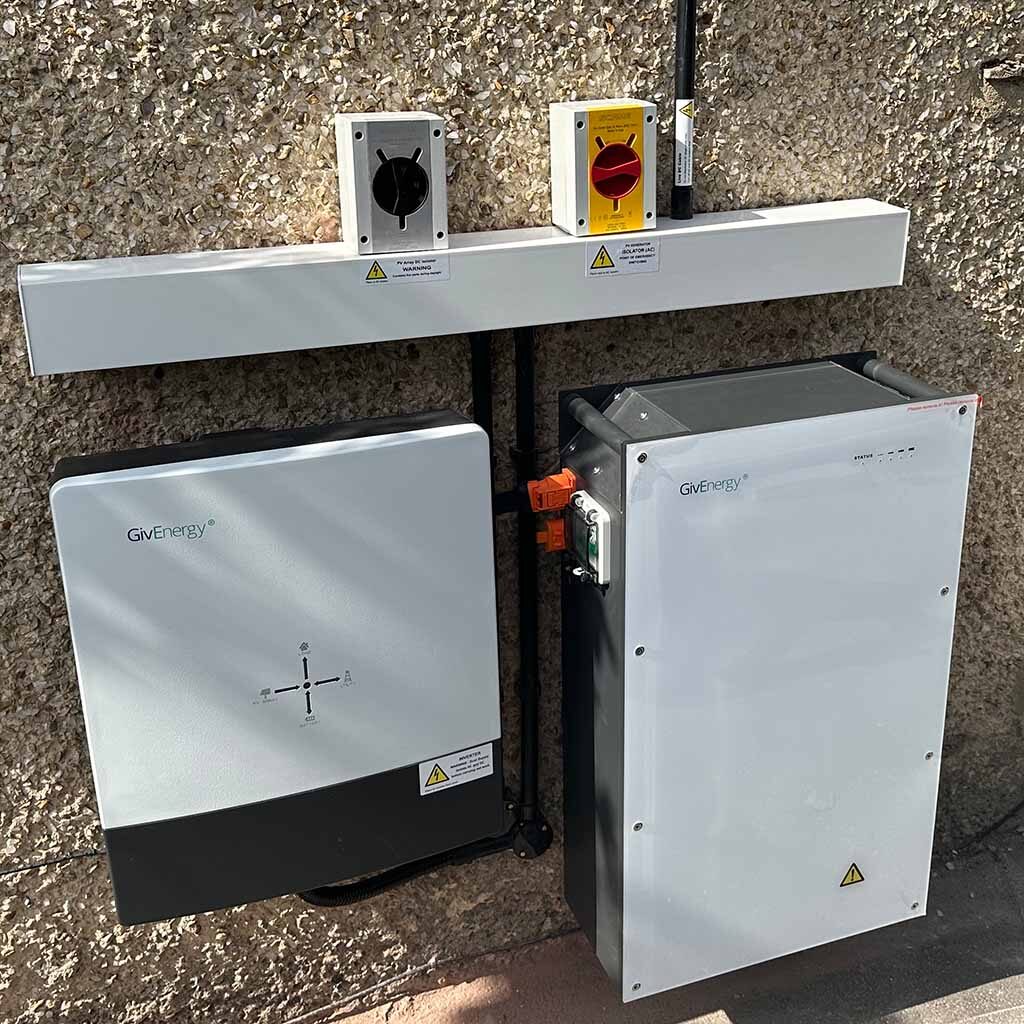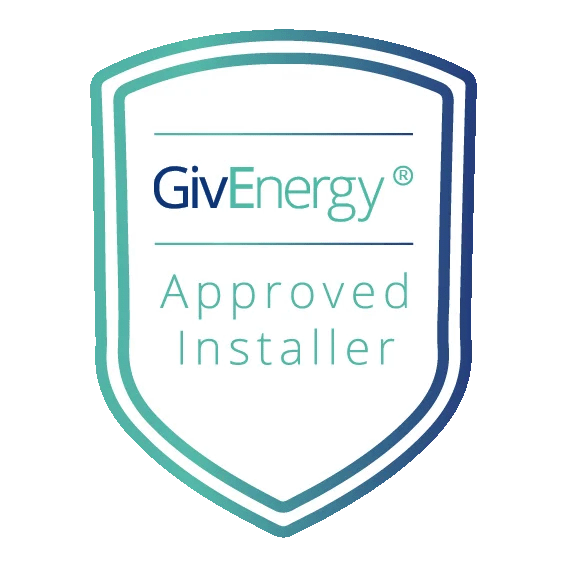In the UK, building regulations mandate that all new properties meet specific energy efficiency standards, measured through SAP calculations (Standard Assessment Procedure). SAP calculations evaluate a property’s energy performance and carbon emissions, determining compliance with regulatory requirements. For house builders, passing SAP calculations is essential for project approval, but it can be challenging to meet these standards, especially as regulations become increasingly stringent.
One of the most effective ways to improve SAP scores is through solar panel systems. Solar panels can significantly reduce a property’s energy demand and carbon footprint, helping builders meet SAP requirements while also enhancing the property’s appeal. This article will explain SAP calculations, the role of solar panel systems in achieving compliance, and the benefits of partnering with a professional solar installation company.
Understanding SAP Calculations and Their Importance
SAP, or the Standard Assessment Procedure, is the UK government’s approved method for assessing the energy performance of residential buildings. SAP calculations evaluate factors like energy efficiency, carbon emissions, heating demand, and more, based on data such as insulation levels, heating systems, and renewable energy installations. The results are expressed as a rating from 1 to 100+, with higher scores indicating better energy efficiency.
New buildings must meet a minimum SAP rating to obtain a Building Regulation Compliance Certificate, which is necessary for planning approval and project completion. A property with a higher SAP score is not only regulatory compliant but also more appealing to environmentally conscious buyers, as it ensures lower energy bills and a smaller carbon footprint.
How Solar Panel Systems Improve SAP Calculations
Solar panel systems are an increasingly popular solution for meeting SAP requirements, as they offer a reliable source of renewable energy. By generating clean electricity from sunlight, solar panels reduce the demand for energy from the grid, which decreases both carbon emissions and energy costs. When integrated into SAP calculations, solar panel systems contribute to a higher rating by addressing the primary areas evaluated in SAP assessments:
- Reduced Carbon Emissions
SAP calculations take into account the carbon emissions produced by a property. Since solar panels generate electricity without burning fossil fuels, they contribute to lower emissions. This reduction in carbon footprint improves the property’s SAP rating, making it easier for builders to meet regulatory standards. - Improved Energy Efficiency
Solar panels generate electricity onsite, offsetting the property’s need for energy from the grid. This local energy generation improves overall energy efficiency, which is a core metric in SAP calculations. By reducing energy imports, solar systems contribute to lower SAP scores, helping new builds meet or exceed minimum standards. - Enhanced Onsite Renewable Energy Production
SAP calculations reward properties that incorporate renewable energy sources. Solar panels are one of the most effective and widely accepted renewable options for residential buildings. By generating renewable energy, builders can make their properties more sustainable and cost-efficient, which aligns with the goals of SAP assessments. - Optimized Dwelling Emission Rate (DER)
SAP calculations consider the Dwelling Emission Rate (DER), which measures the property’s carbon dioxide emissions. Solar panels can significantly reduce the DER, as they lower the property’s dependence on fossil fuels. A lower DER indicates better environmental performance, allowing builders to pass SAP assessments more easily. - Potential for Battery Storage Integration
Pairing solar panels with battery storage allows properties to store excess energy generated during the day, which can be used later, further reducing energy demand from the grid. While battery storage is optional, it can provide additional benefits in SAP calculations, making the property even more appealing in terms of energy performance.
Key Considerations When Installing Solar Panel Systems for SAP Compliance
When incorporating solar panel systems to improve SAP scores, there are several factors to consider to ensure the system is optimized for maximum impact on SAP calculations.
- System Size and Efficiency
The size and efficiency of the solar panel system will directly impact SAP calculations. It’s essential to select a system that aligns with the property’s energy demands and the desired SAP rating. An experienced solar installation company can assess the property and recommend a system size that maximizes energy generation and SAP improvement. - Roof Orientation and Shading
For optimal solar performance, the panels should be installed on a roof with good sun exposure, ideally facing south in the UK. Shading from trees, neighboring buildings, or other obstructions can reduce the system’s efficiency and limit its impact on SAP calculations. A professional installer will conduct a shading analysis and advise on the best positioning to ensure maximum output. - Inverter Quality and Efficiency
The inverter is a critical component of any solar panel system, as it converts the generated DC electricity to usable AC electricity. High-quality inverters with high conversion efficiency will ensure more energy is utilized by the property, which can positively impact SAP scores. Choosing an efficient inverter is key to optimizing system performance. - Maintenance and Longevity
Solar panels require minimal maintenance, but ensuring their longevity is important for sustained SAP compliance. By choosing high-quality, durable panels and working with an experienced installer, builders can ensure that the system continues to perform effectively over the long term, providing consistent SAP benefits.
Benefits of Partnering with a Professional Solar Installation Company
Working with a professional solar installation company that specializes in SAP-compliant systems provides several key advantages. Experienced installers understand the nuances of SAP calculations and can design systems that align with regulatory standards, maximizing the impact of the solar installation on SAP scores.
- Tailored System Design for SAP Compliance
A professional installation company will customize the solar panel system to ensure it meets SAP requirements. This includes selecting the right system size, ensuring optimal positioning, and choosing high-efficiency components that maximize energy generation and carbon reduction. - Compliance Assistance
Navigating SAP regulations can be complex, especially as standards change over time. A knowledgeable solar installer can guide builders through the compliance process, ensuring that the solar system meets all requirements and documentation is properly completed. This helps streamline the approval process, avoiding potential delays or issues. - Access to High-Quality Solar Components
Experienced solar companies have access to a wide range of high-quality solar panels, inverters, and mounting systems. By choosing reliable components, builders can ensure long-term system performance and SAP compliance, providing value to homeowners for years to come. - Ongoing Support and Maintenance
After installation, professional solar companies offer ongoing support and maintenance to keep the system functioning at optimal levels. Regular maintenance ensures the panels remain clean and efficient, maximizing their impact on SAP ratings and ensuring sustained compliance.
Realizing Long-Term Value Through SAP-Optimized Solar Systems
For house builders, installing solar panel systems designed to improve SAP scores goes beyond regulatory compliance. Solar panels increase the appeal of a property, making it attractive to environmentally-conscious buyers who value energy efficiency. With solar energy, homeowners benefit from reduced utility bills, a smaller carbon footprint, and the satisfaction of living in a sustainable, forward-thinking property.
In addition to enhancing the property’s market value, solar panel systems help builders meet their sustainability targets, showcasing their commitment to eco-friendly practices and building high-performance homes. By incorporating solar systems with SAP compliance in mind, builders can future-proof their projects, providing energy savings and environmental benefits that align with market trends and buyer preferences.
Conclusion: Why Solar Panel Systems Are a Smart Solution for SAP Compliance
For builders seeking to meet or exceed SAP requirements, solar panel systems are a powerful tool. Not only do they support compliance with energy efficiency standards, but they also deliver long-term benefits to homeowners and align with modern sustainability goals. By partnering with an experienced solar installation company, builders can ensure that their projects meet SAP standards while also adding value to their developments.
Our company specializes in installing SAP-compliant solar panel systems that empower builders to pass energy efficiency assessments and contribute to a sustainable future. Whether you’re building single-family homes or large residential projects, investing in a solar panel system optimized for SAP calculations is a practical, impactful choice that provides value for both builders and homeowners.



